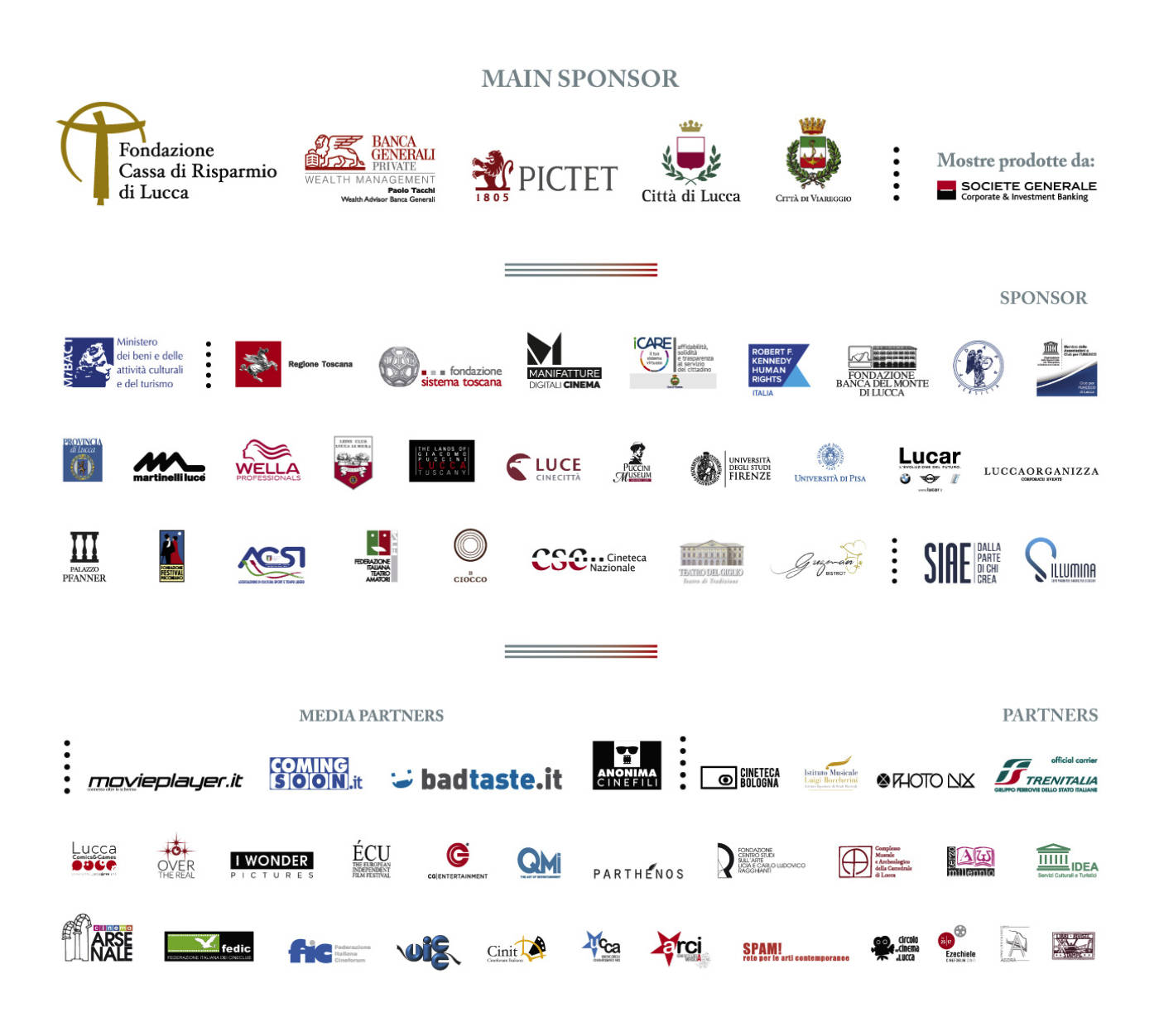While Freud, at the beginning of the last century, was coining the term “psychoanalysis”, the same year, the Lumière brothers’ first film were being screened. By this way, cinema, proves to be such a multi-faceted medium, able to delve deeper the most mysterious aspects of human mind. The production of images comes, in fact, as result from the most difficult images-reproduction process: the mental one. Natural, therefore, the interest that cinema has always aimed to difficulties, detours and human frailty. Nowdays, after a century, cinema looks again at the human mind not only to explore its darkest depths, but mostly to get to its service: a therapeutic cinema, a medicine of images and sounds.
Brain & Cinema
Starting from a focus on psychic pathology, noumerous directors have been able to face the most hidden aspects of human personality, in order to raise ethic and social questions. Milos Forman pointed out not only the mental disease fact, but also the way it was used to be trated in the American cuckoo’s nests, denouncing the inhumane condition lived by patients in post-Vietnam psychiatric hospitals. But as the Czech director has marked the history of cinema in the disease tale, there have been works operating in the opposite direction: a cinema which is a therapy itself. A cinema capable of healing both social and cultural illnessess, properly vehicoling the therapeutic path with the psychology of stage and acting. Carachters and plots in Shakespeare’s “Julius caesar” come as opportunities for the incarcerated actors to understand crime trends from which their lives were the first to have been misled.
Cinematheraphy
Today not only the characters and, through them, the interpreters are able to heal themselves in films, on the screen. Because cinema has become a medical therapy, for real. Sounds, images and words as an alternative means of communication with the mentally ill. In particular, with regard to psychiatry, the Chicago Institute for the Moving Image (CIMI), makes use of the production process, thus making the action of the film, as a therapy in individuals with disorders such as depression, amnesia and schizophrenia. Writing screenplays, taking care of directing and production tasks behind a film have proven to be activities that increase the organizational capacity and the lucidity of psychiatric patients. In addition, Cinematherapy of British doctor Gary Salomon, also known as “The Movie Doctor”, seems to have found firm support also in Italy where, in 2013, was created Medicinema Italy Onlus, which has since then pursued such projects throughout the country. MediCinema service consists, in fact, in targeted meetings both with a medical and social recovery purpose. Cinema as an element of escapism becomes therapy to relieve physical and mental suffering, alongside the usual pharmacological treatment. A big advantage gained for medicine, but also for art which sees, with singular irony, questioned its (rarely discussed) status of inherent worthlessness.



